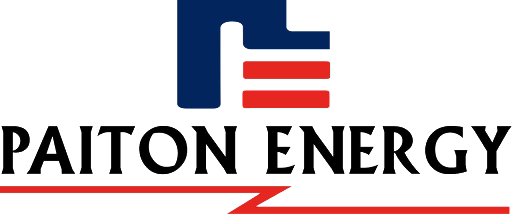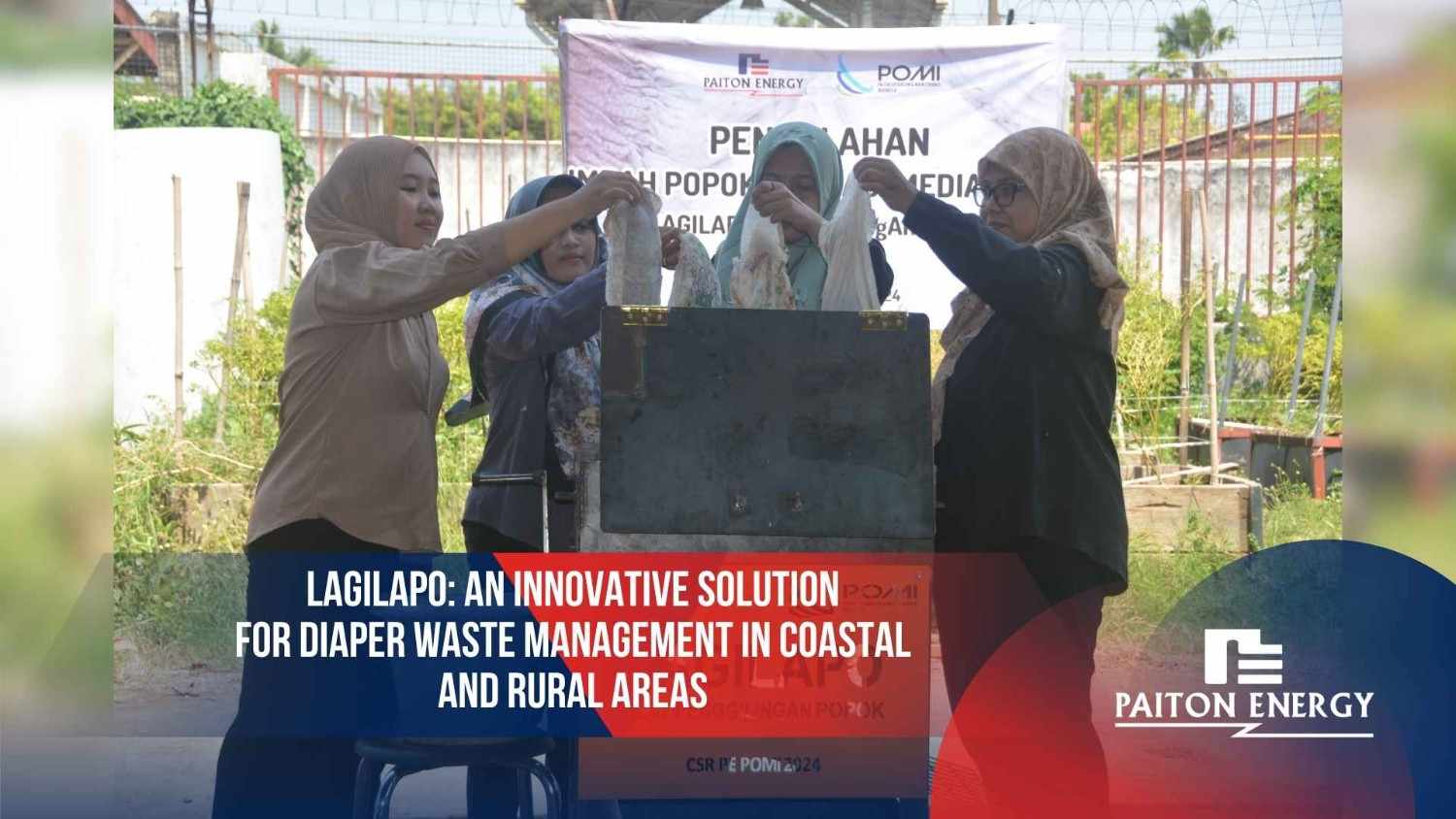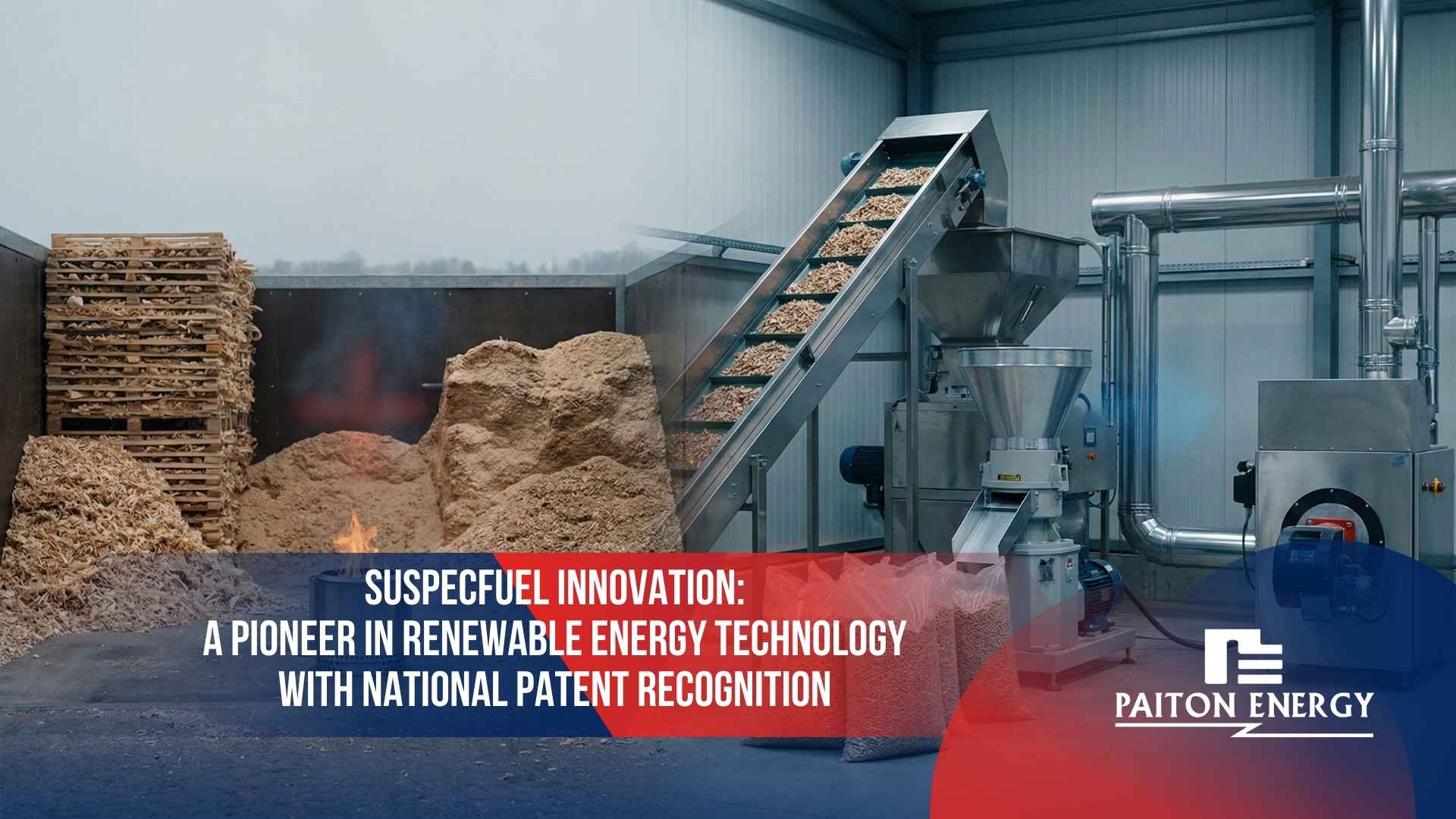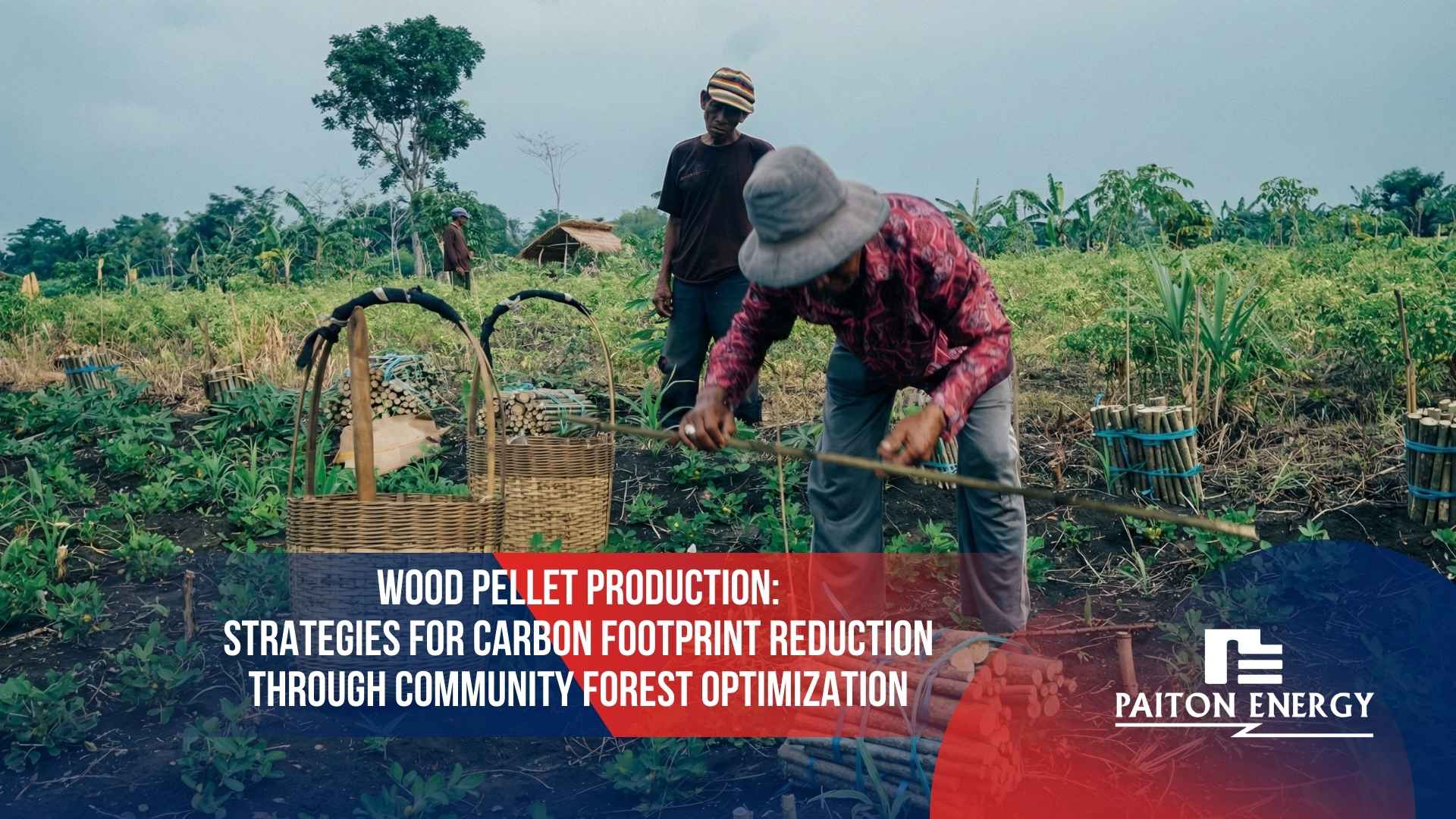The issue of household solid waste management, particularly in coastal and rural areas, poses a serious challenge that necessitates innovative and applicable solutions. Piles of food scraps, used plastics, paper, bottles, and most critically, household solid waste such as used diapers, frequently end up in waterways or open land, resulting in massive environmental pollution. In coastal areas, improper waste disposal practices, especially for disposable diaper waste, contribute significantly to the degradation of water quality and marine ecosystems.
Therefore, an Appropriate Technology (AT) is required that not only tackles this pollution problem but also empowers local communities. The “Lagilapo” technology emerges as a relevant and sustainable answer for the context of coastal and rural regions.
The Crisis of Household Solid Waste Management in Coastal Areas
Coastal and rural areas often face infrastructure and awareness constraints in waste management. Unlike urban centers with centralized management systems, villages and coastal regions frequently rely on independent disposal practices that are prone to environmental contamination.
Identification of Typical Household Solid Waste in Coastal and Rural Areas
The types of household solid waste in coastal areas have unique characteristics, often influenced by domestic activities and proximity to the sea. This range of waste includes:
- Organic Waste: Food scraps, seafood remnants, and fruit peels. Although biodegradable, large volumes improperly discarded generate foul odors and attract disease vectors.
- Plastic Waste: This is the dominant category, including plastic bottles, packaging sachets, and plastic bags. This type of waste is difficult to decompose and is a primary source of microplastics in the sea.
- Fabric/Textile and Paper Waste: Used clothing, fabric scraps, and cardboard.
- Other Non-Organic Waste: Broken glass, used cans, and construction debris.
- Used Disposable Diaper Waste: This is the most critical type of household solid waste. Used diapers contain superabsorbent gel and plastic that take a very long time to decompose, and they carry the risk of biological contamination when discarded into open waters.
The impact of indiscriminate household solid waste disposal in coastal areas is tangible. The pollution of surface and groundwater becomes a critical issue, ultimately affecting the availability of clean water for the community. In many coastal villages, clean water sources are already limited, and contamination from this waste exacerbates the situation, threatening health and sanitation. Efforts to address this problem require a localized, affordable, and community-manageable approach.
Lagilapo: A Solutive Innovation Based on Local Empowerment
The “Lagilapo” appropriate technology was developed as a direct response to the problem of used diaper waste. This innovative tool is designed to shred used diapers and separate their two main components: the superabsorbent gel (hydrogel) and the diaper casing fabric. This separation process yields two byproducts with economic and ecological value.
- Utilization of Superabsorbent Gel
The separated gel possesses very high water retention properties, making it an ideal planting medium or soil additive. In coastal and rural areas that may experience dry land or irrigation difficulties, the use of this hydrogel can increase water use efficiency in small-scale farming or home gardens.
- Utilization of Casing Fabric
The remaining diaper casing fabric can be further processed into eco-friendly planting pots. This initiative not only reduces the volume of waste ending up in landfills or waterways but also creates marketable products, opening up opportunities for a circular economy for local communities.
Lagilapo’s Compatibility with Coastal and Rural Areas
Lagilapo’s suitability for coastal and rural conditions, as implemented in Binor Village, is based on several key factors:
1. Addressing the Primary Source of Water Pollution
One of the biggest problems faced by coastal communities is water pollution. By specifically targeting used diaper waste, which is often a major contributor to river and sea contamination, Lagilapo directly helps reduce water pollution. The improvement of clean water quality is a vital prerequisite for enhancing the quality of life and health of coastal communities.
2. Encouraging Behavioral Change and Empowerment
Lagilapo is not just a tool, but also a catalyst for social change. It encourages the community to manage waste, particularly diaper waste, more safely and responsibly. Furthermore, the tool is constructed from recycled materials and manually assembled by job training participants, aligning with the spirit of sustainable appropriate technology. This process simultaneously plays a role in developing technical skills and empowering local communities to operate and maintain the tool, ensuring sustainability.
3. Supporting the Local Economy
The byproducts, such as the hydrogel planting media and eco-friendly pots, will have market value. This creates a new source of income for village communities, turning what was once a burden of household solid waste into an economic asset. Empowerment through production and sales is crucial for improving local welfare.
4. Integration into a Comprehensive Program
Lagilapo has been integrated as part of the “INSPIRASI” (Innovation for Clean Water and Energy Management) Program in Binor Village. This program demonstrates that Lagilapo functions as an integrated solution, linking clean water management, waste processing, and even drinking water production. This synergy strengthens Lagilapo’s impact in addressing the problem of clean water availability and sanitation in coastal areas.
Environmental pollution resulting from various types of household solid waste such as food scraps, plastic bottles, paper, and used diapers requires serious and decentralized handling. The Lagilapo technology proves to be a highly adaptive and effective appropriate technology for coastal and rural areas.
By addressing the core issue of water pollution due to improper household solid waste disposal, economically and technically empowering the community, and offering a sustainable waste processing solution, Lagilapo offers a replicable model.
This innovation transforms an environmental burden into an economic opportunity, ensuring that household solid waste management can contribute positively to the quality of life and environmental sustainability in coastal and rural regions.




